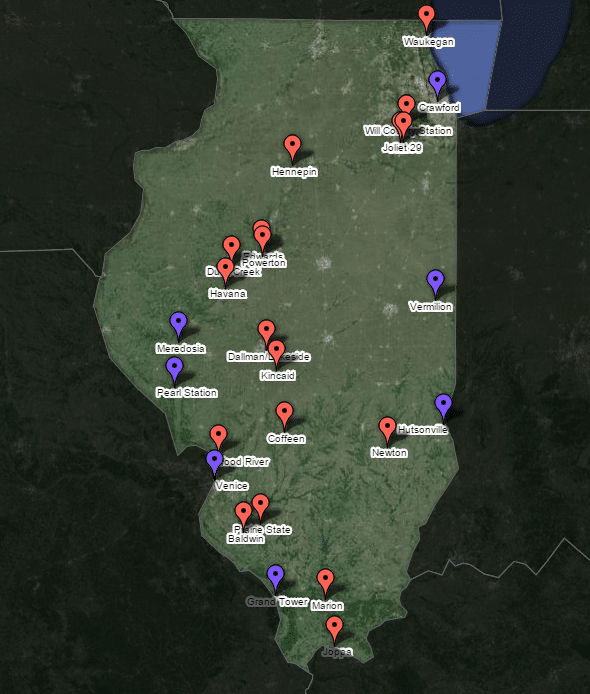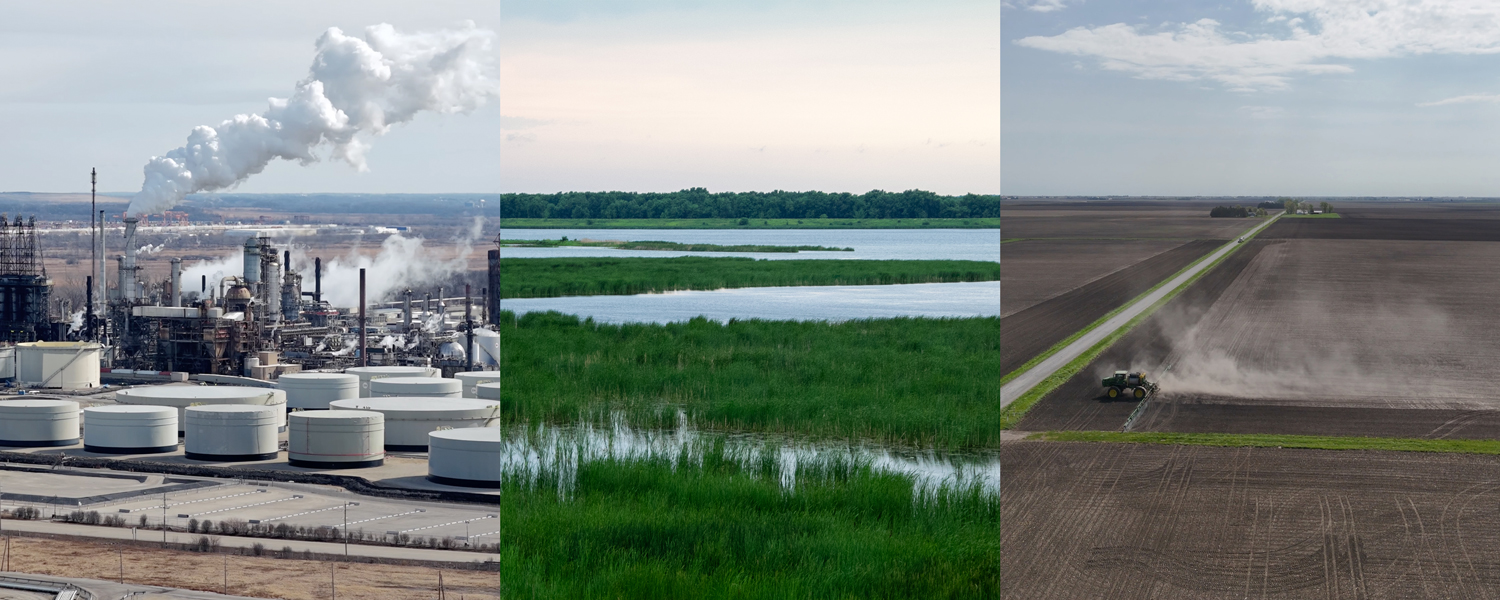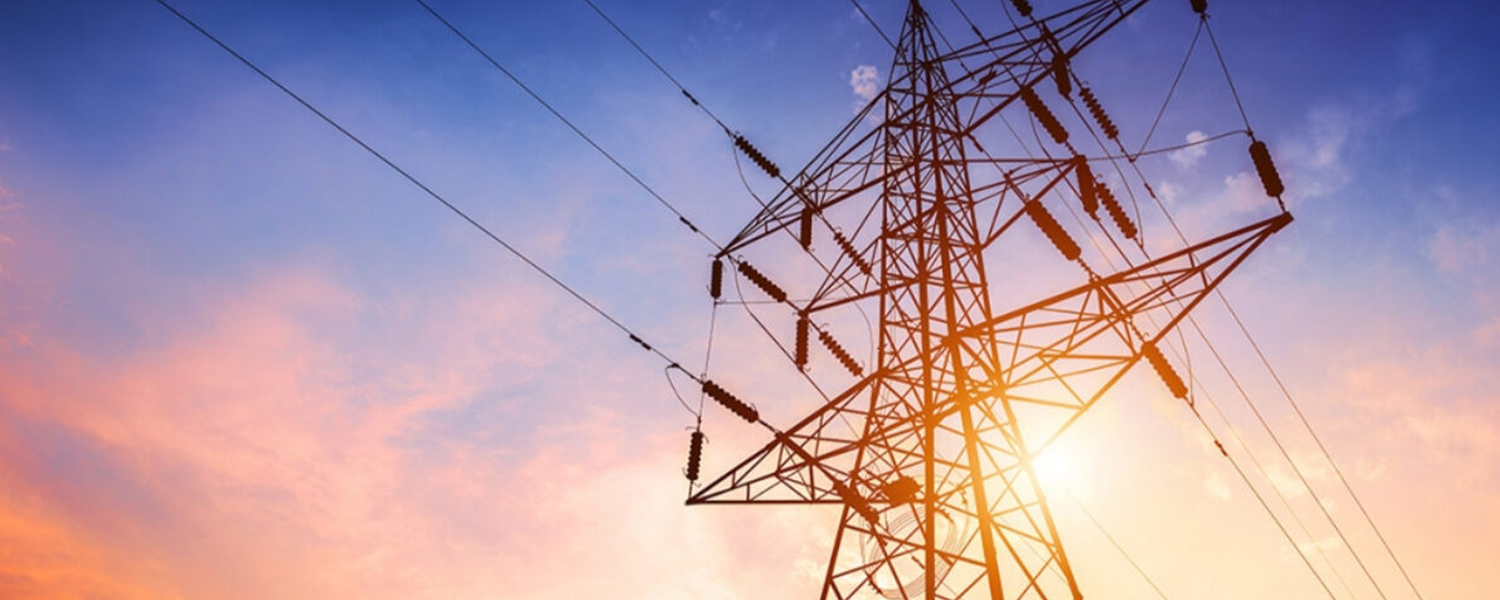Making Polluters Pay

Behind Illinois’ coal-fired power plants lies a dirty secret: coal ash, the solid byproduct that is left over after coal is burned for electricity. Coal ash is full of heavy metals like mercury, arsenic, selenium, chromium, and cadmium, which can cause cancer and brain damage in humans and are harmful to fish and wildlife.
Problem: Toxic Coal Ash Leaking Into Our Waters
Shockingly, there are fewer safeguards on coal ash disposal than household garbage. Perhaps it’s no surprise then that Illinois leads the nation in coal ash damage cases. A 2018 report by Prairie Rivers Network and others found unsafe concentrations of dangerous coal ash pollutants in groundwater at 22 of 24 reporting coal ash dump sites in Illinois. In Illinois, our only National Scenic River, the Middle Fork of the Vermilion River, is threatened by 3.3 million cubic yards of coal ash sitting on its river bank. Read about the threat of coal ash on the Middle Fork from the Dynegy/Vistra’s coal ash pits.
Solution: Better Laws For Coal Ash Disposal
Prairie Rivers Network is working to empower local residents to let decision makers know that Illinois communities support commonsense, federally enforceable safeguards to protect our land and water from coal ash pollution. We worked with partners to get the 2019 Coal Ash Pollution Prevention Act passed, which set Illinois on a path to strong coal ash regulation. We are pressing with the Illinois Pollution Control Board to ensure the rule is as strong as possible. We are also working to stop coal ash pollution in individual communities by appealing permits, forcing power plants to comply with the law to protect clean water by phasing out dangerous coal ash ponds and requiring coal companies to switch to safer coal ash disposal methods. Key actions that we are working on include:
- Require owners of fossil fuel infrastructure to properly clean up wastes from fossil fuel extraction, processing, and power production
- Strengthen regulation and enforcement of discharges to surface and groundwater from fossil fuel infrastructure
- Deter investment in new fossil fuel infrastructure
- Support environmentally sound programs for renewables including robust recycling of renewable components, responsible mineral sourcing, and siting that protects and enhances biodiversity
- Support reforms to federal biofuels policies to eliminate reliance on annual crops like corn and soy











